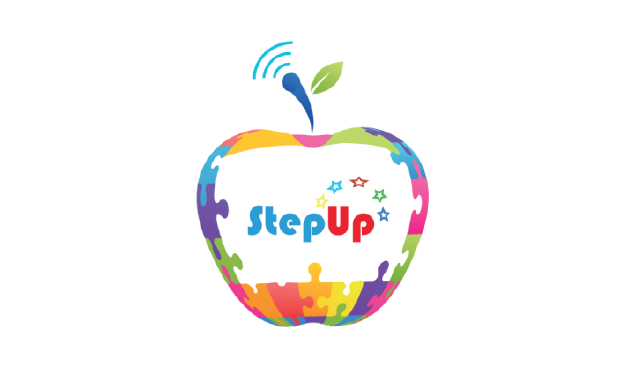Get Full Access to SBAC Master Course - Grade 11 English Language and Arts
Currently, you have limited access to SBAC Master Course - Grade 11 English Language and Arts. The Full Program includes,
Buy Practice Resources
 Online Program
Online Program
Read the following article and answer the question.
"Toxic soup" scenario in New Orleans unlikely
Thursday, September 1, 2005
Initial fears that the combination of storm damage and flood waters might produce a "toxic soup" in downtown New Orleans have been downplayed by experts in environmental science. While the threat of cholera, typhoid and other diseases is certainly increased by the contamination of the flood waters with sewage and corpses, many of the chemical companies located in or near New Orleans survived the storm without spilling dangerous contaminants into the flood waters. Of course, care should be taken to not ingest any of the flood water. People with open wounds wading or swimming through the water may also be at risk of disease.
Experts at Louisiana State University said that sediments in the Mississippi River and Lake Ponchartrain are not heavily polluted and that the biggest risk of chemical contamination will come when the flood waters recede, leaving shallow pools where the water can evaporate, concentrating heavier chemical pollutants.
The widespread damage caused by the flooding is actually one of the factors in reducing the contamination, since the large amounts of water have diluted many of the contaminants. Most of the chemical pollutants that were released were of low quantity, including gasoline from underground storage tanks, dry cleaning solvents, and household and small-scale industrial chemicals, such as cleaning agents.
What specific question would you ask to learn more about this issue?

